

I. Projection of the self: perfomance
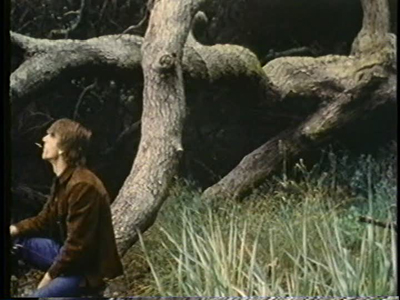
(LA Plays Itself, Fred Halsted, 1972)
''Give me a body then' : this is the formula of philosophical reversal. The body is no longer the obstacle that separates thought from itself, that which it has to overcome to reach thinking. It is on the contrary that which it plunges into or must plunge into, in order to reach the unthought, that is life. Not that the body thinks, but, obstinate and stubborn, it forces us to think what is concealed from thought, life... The categories of life are precisely the attitudes of the body, its postures... 'Give me a body then' is first to mount the camera on an everyday body. The body is never in the present, it contains the before and the after, tiredness and waiting. Tiredness and waiting, even despair are the attitudes of the body...
“But there is another pole to the body, another cinema-body-thought link. 'To give' a body, to mount a camera on the body, takes on a different sense: it is no longer a matter of following and trailing the everyday body, but of making it pass through a ceremony, of introducing it into a glass cage or a crystal, of imposing a carnival or a masquerade on it which makes it into a grotesque body, but also brings out of it a gracious and glorious body, until at last the disappearance of the visible body is achieved.” (Gilles Deleuze, The Time-Image)
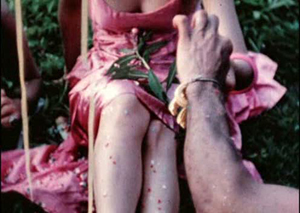
(Normal Love, Jack Smith, 1963)
II. Projection of the self: the mirror and the sea
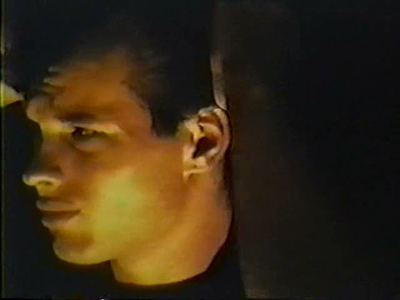
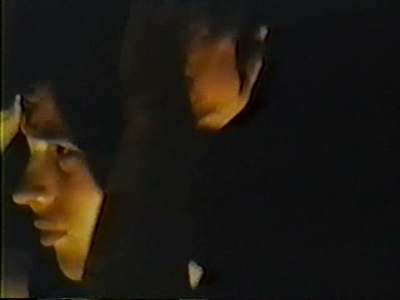
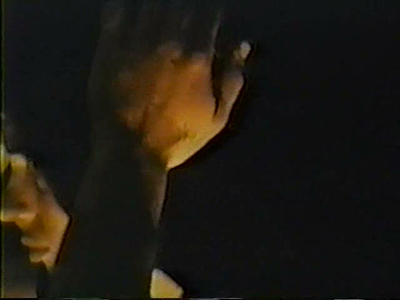
(Bike Boy, Andy Warhol, 1967)
“Bike Boy enacts a scenario of an attractive, “unspoiled” working class naïf interacting with members of the “in crowd.” Through repetition this scenario assumes the status of an archetype. The earnest bumpkin who can’t talk properly and doesn’t know the rules of the game makes his way through the ethereal bohemian reaches of New York’s class society. He is an object of desire, but he is constantly reminded of his place in the world by the people who desire him. He is the subject of the film, a bike boy, but he remains opaque and uncommunicative.” (William E. Jones)
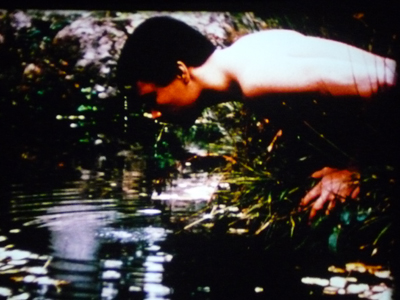
(Jerovi, José Rodriguez-Soltero, 1965)
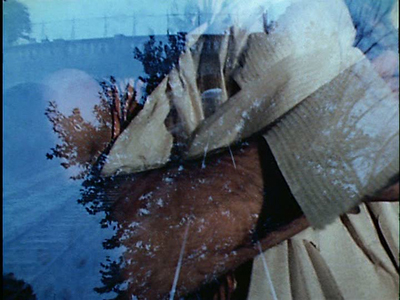
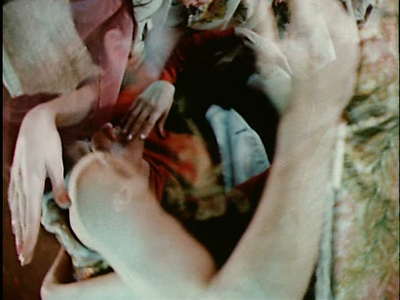
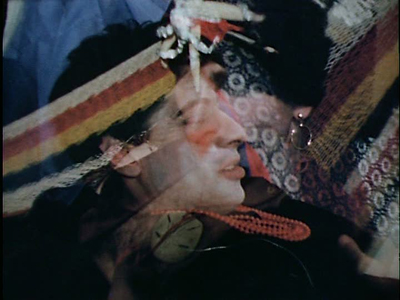
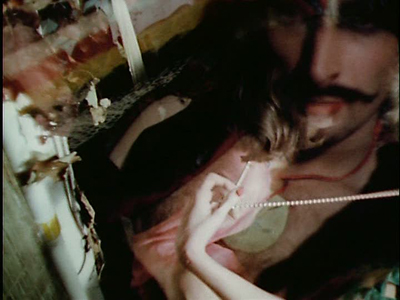
(Chumlum, Ron Rice, 1964)